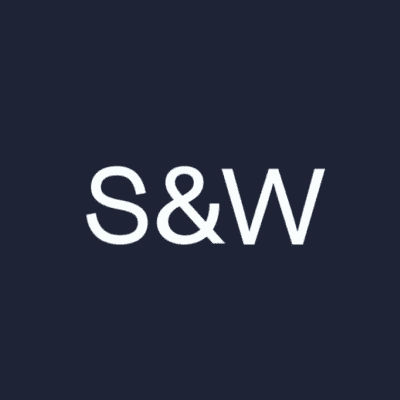Environmental & Natural Resources Law
Arizona Court of Appeals Finds that Liability Limits in Utility Tariff May Bind Third Parties; Also Approves Tort Claim for Violation of “Blue Stake” Laws
A recent Arizona Court of Appeals case found that a utility’s tariff can impose binding limits on liability, even on third parties. The case is US Airways, Inc. v. Qwest Corporation, 722 Ariz. Adv. Rep. 12 (Arizona Court of Appeals, October 1, 2015).
The case arose from an accident that severed a telecom cable serving a data center, causing a four-hour loss of service. The data center sued Qwest, a telecommunications carrier, alleging a failure to meet Qwest’s “blue stake” obligations to properly find and mark underground cables. Qwest moved to dismiss, pointing to the liability limits in its tariff. The data center responded that it was not a direct customer of Qwest, and thus should not be bound by Qwest’s tariff.
The Court explained that as “a regulated public utility, Qwest’s rates, rules, fees and responsibilities are governed by tariffs enacted and enforced by the FCC and the ACC” and that a tariff “is a public document filed by a utility and accepted by a regulatory commission detailing services being offered; rates and charges for those services; and related governing rules, regulations, and practices.” (¶ 11 and footnote 1). The Court noted that generally, tariff limits on liability for ordinary negligence are “reasonable and will be upheld” because “a public utility is strictly regulated, and as a result, its liability should be defined and limited so that it may be able to provide service at reasonable rates.” (¶ 12).
The Court cited federal cases holding that tariffs “have the force of law” (¶ 11), and to California cases finding that tariffs apply even to non-customers (¶¶ 12-15), to hold that the tariff limits could apply to the data center operator, even though it was not a customer of Qwest.
The Court looked closely at the specific language of the tariff to see if it did, in fact, extend to third parties, and found that it did. (¶ 16).
The Court’s holding is significant. Prior Arizona cases from the 1970s had approved tariff liability limitations against customers, based on the tariff being part of the contract between the customer and the utility. Sommer v. Mountain States Tel. & Tel. Co., 21 Ariz. App. 385, 387, 519 P.2d 874, 876 (1974); Olson v. Mountain States Tel. & Tel. Co., 119 Ariz. 321, 323, 580 P.2d 782, 784 (App. 1978). US Airways, Inc. v. Qwest Corporation now recognizes that tariffs are not “ordinary contracts” (footnote 3), and that tariffs bind the “public generally,” not just the utility’s customers.
The Court also rejected the data center’s claims that the anti-abrogation clause of the Arizona Constitution or “public policy” prevents enforcing the tariff’s limits on liability, quoting the Arizona Corporation Commission’s statement that “limiting a public utility’s liability benefits the public interest in the form of lower utility rates.” (¶¶ 17-23).
Qwest also argued that it owed no duty to the data center. The Court rejected this argument, pointing to the “public policy considerations reflected in” Arizona’s blue stake laws (A.R.S. §§ 40-360.21 to 40-360.32), which require utilities and other underground facilities operators to mark undergoing facilities upon request. (¶¶ 33-35). The Court thus found there is a common law duty that can be enforced by a tort action for violating the blue stake law.
While Qwest lost this issue and was found liable, under the specific terms of the tariff, its liability was limited to $586.40.

























